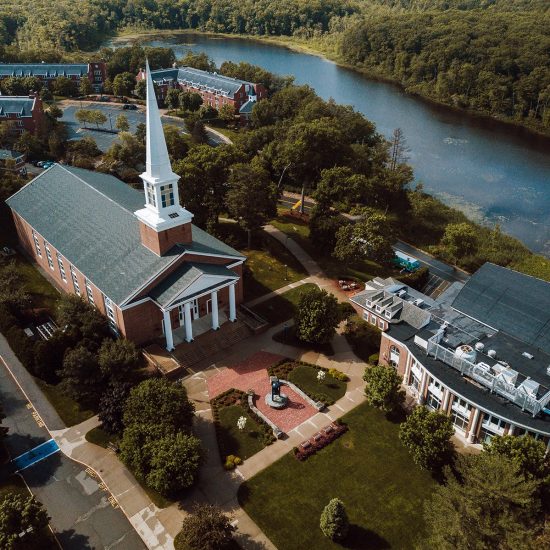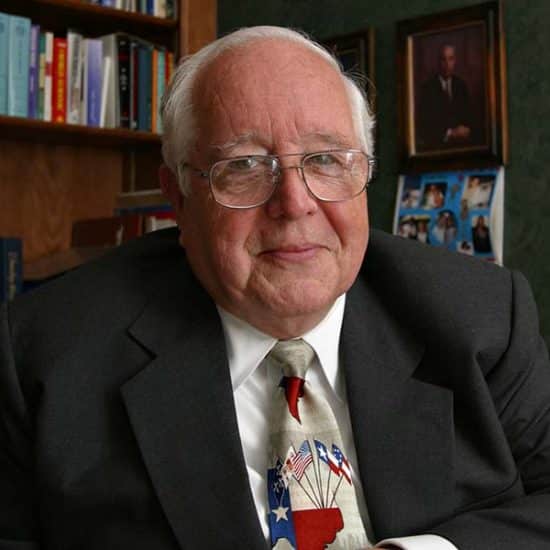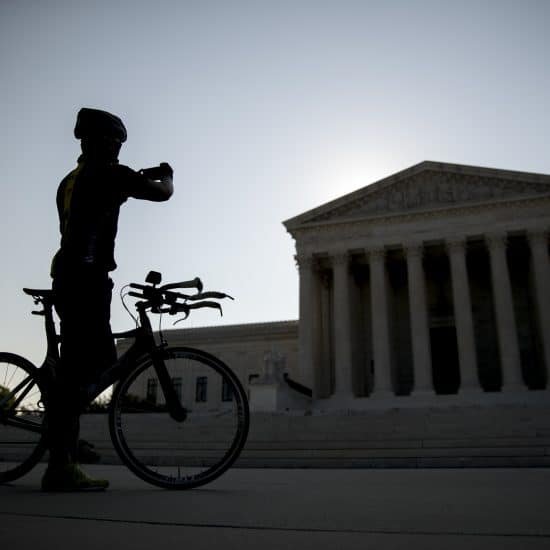SAN FRANCISCO (ABP) — The same federal court that sparked controversy in 2002 by ruling that leading public-school students to recite the words "under God" in the Pledge of Allegiance is unconstitutional now says the pledge is an "appropriate patriotic exercise" that does not violate the constitutionally mandated separation of church and state.
A divided three-judge panel of the 9th U.S. Circuit Court of Appeals ruled March 11 that, while the First Amendment forbids the government from establishing religion, not every mention of God in a government setting violates the amendment's Establishment Clause.
The majority said the substance of the pledge is "one of allegiance to our Republic, not of allegiance to the God" and therefore constitutional.
Judge Stephen Reinhardt, who was part of the three-judge panel that ruled the pledge unconstitutional eight years ago, filed a dissent twice the length of the majority's 60-page ruling, arguing the defining legal issue was not recitation of the pledge, but an act of Congress adding the words "under God" in 1954.
"To put it bluntly, no judge familiar with the history of the pledge could in good conscience believe, as today's majority purports to do, that the words 'under God' were inserted into the pledge for any purpose other than an explicitly and predominantly religious one," Reinhardt said.
"Nor could any judge familiar with controlling Supreme Court precedent seriously deny that carrying out such an indoctrination in a public school classroom unconstitutionally forces many young children either to profess a religious belief antithetical to their personal views or to declare themselves through their silence or nonparticipation to be protesting nonbelievers, thereby subjecting themselves to hostility and ridicule," he continued.
Judges Dorothy Nelson and Carlos Bea, however, said the words "under God" must be analyzed in the context in which those words appear. They said Congress' "ostensible and predominant purpose" in both enacting and amending the pledge "was patriotic, not religious."
Brent Walker, executive director of the Baptist Joint Committee for Religious Liberty and generally a supporter of strong church-state separation, said the pledge itself is "not a religious exercise."
Walker said, that, while forcing public-school students to participate in a prayer or religious exercise would clearly violat the Constitution, "ours is a secular pledge, which is intended to inspire patriotism. It does not have the purpose or primary effect of advancing religion. A teacher-led pledge is not the same as teacher-led prayer. Students cannot be compelled to recite the Pledge, with or without the words 'under God.'"
The lawsuit challenging a California public school district's policy of having teachers lead in reciting the pledge was filed by Michael Newdow, an atheist who lost a similar legal battle on procedural grounds.
After the Supreme Court ruled in 2004 that Newdow did not have legal standing to pursue the suit, known as Elk Grove Unified School District v. Newdow because he did not have legal custody of his daughter, he refiled the complaint as Newdow v. Rio Linda United School District on behalf of other parents who objected to the recitation of the pledge at school.
A federal judge in Sacramento decided in Newdow's favor in 2005, sending the issue once again to the 9th Circuit.
Newdow, a doctor and attorney who founded a group called the First Atheist Church of True Science, described the ruling as "bogus" and told The Associated Press he would ask the full appeals court to re-hear the case and if necessary will appeal to the Supreme Court.
In a separate 3-0 ruling in another case also filed by Newdow, the appeals court upheld the inscription of the national motto "In God We Trust" on U.S. coins and currency. That decision cited an earlier ruling that use of the national motto on currency has "nothing whatsoever to do with the establishment of religion" but is rather "of a patriotic or ceremonial character" that "bears no true resemblance to a governmental sponsorship of a religious exercise."
-30-
Bob Allen is senior writer for Associated Baptist Press.
Previous ABP stories:
Federal court again rules pledge unconstitutional (9/15/2005)
Newdow refiles 'under God' case, asks for halt to inaugural prayers (1/6/2005)
Supreme Court once again turns away pledge case (8/24/2004)
Supreme Court avoids 'under God' issue in rejecting father's challenge to pledge (6/14/2004)
High court hears arguments in Pledge of Allegiance case (3/25/2004)






